Funders are a pivotal part of the early learning ecosystem, as their investment decisions shape which solutions are supported, strengthened, and scaled. On 14 October, DataDrive2030 convened a focused group of funders in Johannesburg to explore how data can drive meaningful improvements in early learning outcomes in South Africa. The annual engagement aimed to deepen shared understanding of how data can strengthen funding practices, and to co-create principles for data-informed grantmaking and reporting.
The discussion drew on insights from the Thrive by Five Index 2024 and the evolving use of ELOM data tools within grantee organisations.
Key Insights
Only 42% of four-year-old children enrolled in early learning programmes are on track developmentally, and among children not enrolled in programmes, only 18% are on track. An estimated 350,000 children currently have no access to early learning, missing out on both education and critical supportive services.
Funders highlighted several areas where strategic investments could shift outcomes:
- Improving teaching quality through practical in-service training and coaching.
- Ensuring access to basic learning materials that support development across key domains.
- Strengthening emotional and social development, which strongly predicts learning success.
- Reducing barriers to enrolment, particularly for children currently outside the system.
- Supporting caregiver engagement, recognising that many parents lack guidance on promoting early development at home.
Building a Culture of Learning
The afternoon’s dialogue emphasised the need to move away from compliance-driven reporting toward a culture of curiosity, reflection, and partnership between funders and grantees. Trust, shared learning spaces, and more flexible funding emerged as critical enablers.
Participants also identified a role for neutral conveners, like DataDrive2030, in fostering peer-learning environments and supporting collective interpretation of data.
In Summary
Funders are increasingly recognising the importance of data-informed, responsive grantmaking that centres collaboration rather than compliance. This work is foundational to building a stronger early learning ecosystem in South Africa.
View the full harvest of funder insights here.
